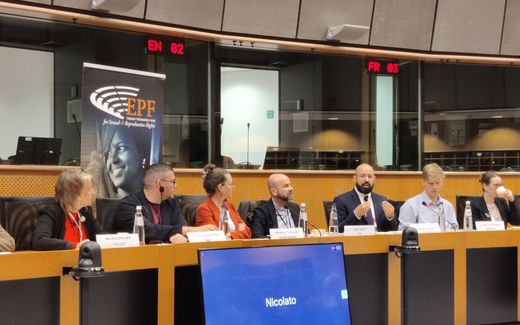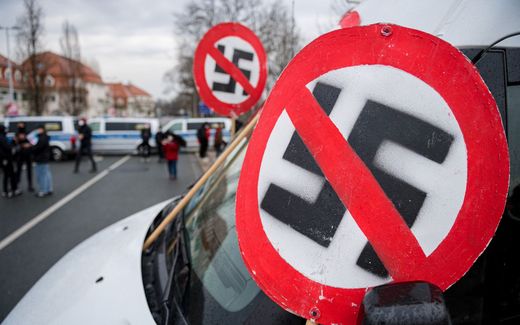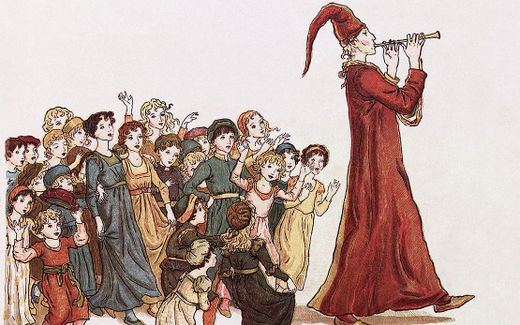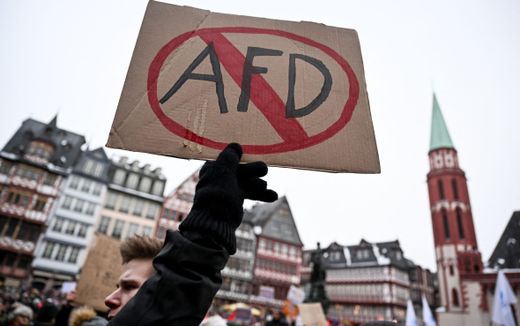Conservative change in the Netherlands blocks progressive proposals

PVV leader Geert Wilders. His party won 37 seats in the elections of last year. Photo ANP, Sem van der Wal
Western Europe
The general elections in November 2023 brought a change to the right. That means bad weather for progressive proposals and even bills. The gender transition bill seems to be off the table, and also the “abortion pill by mail” and the ideas for multi-parenthood.
A motion of the Dutch central-right NSC party (New Social Contract) and the Reformed SGP party led to much anger. The parties proposed to wipe the "gender transition bill" off the table.
This proposal has been on the table for a long time already. It attempts to make it easier for people to change their legal gender. Up till now, transgender people need an expert opinion to be able to do so. The proposal wants to abolish this requirement and also to lower the age for legal gender change. Currently, people younger than 16 years are not allowed to change their legal gender at all. If the law would be passed, they could ask a judge for permission to do so.
Coalition partners
At first, the proposal seemed to be assured of major support in the Dutch Parliament. However, as the debate about it approached in 2022, doubts grew. During the parliamentary phase, the doubt about gender transition accelerated, also among coalition parties.
In the meantime, new elections disturbed the process of the acceptation of the transgender proposal once again. Right-wing parties received a majority of the votes in November 2023, and the tide seems to have changed. The populist PVV party won 37 seats, the biggest Geert Wilders’ party has ever been. The second-biggest party is the progressive GroenLinks-PvdA party, with 25 seats. The liberal VVD party followed with 24 seats, and the newcomer NSC, under the leadership of the former Christian-Democratic Pieter Omtzigt, gained 20 seats. Currently, the PVV, VVD and NSC, supported by the farmer's party BBB, are trying to form a coalition presently.
That means a significant shift to the right in the political landscape and to a different attitude towards the transgender proposal. A slight majority voted in favour of removing the proposal from the agenda. And even though the responsible minister already said that he would refuse to carry out the motion, this is telling.
Abortion pills
It is not the first time that the new Parliament has shown that it has a different mentality than the previous legislators. A few weeks ago, an initiative of the progressive GroenLinks-PvdA party met much resistance, the Nederlands Dagblad reported. The party had wanted to make abortion more accessible by making it easier for Dutch doctors to send abortion pills abroad.
Women in countries with strict abortion laws would be able to circumvent the laws of their country, such as Poland. GroenLinks-PvdA hoped that the new law would help these women by offering them the possibility of a phone consultation after which an abortion pill could be sent by mail, the Volkskrant reported.
However, when the party presented its initiative in Parliament, there was barely any support for the idea. Only one party –the progressive D66 party– showed its support. The other parties were not convinced. They argued that sending abortion pills abroad could be interpreted as undermining national abortion legislation.
Predicted
In addition, a proposal for the possibility of multi-parenthood seems to be affected by the conservative wind that blows through Parliament. The current Cabinet is working on a law change that would allow a child to have up to four parents. However, chances are low that this proposal will ever become real legislation, the Dutch broadcaster NOS predicted at the beginning of last April.
The previous Cabinet concluded in 2019 that more and more children are growing up in new family models. It has started to work on a proposal to adapt the law to the lived realities, and currently, there are studies ongoing to check how the interests of the child can be safeguarded. The results will follow next year.
However, it is very likely that there will be a different coalition by that time. And if PVV, NSC, BBB, and VVD form the new coalition, it is not unthinkable that the multi-parent proposal will refer to the trash can. PVV and NSC already stated their opposition. Party leader Pieter Omtzigt openly acknowledged that his party is conservative when it comes to medical-ethical issues. As the party has 20 seats in Parliament, it is a considerable force to be dealt with.
Attitude
The question remains: to what extent are these developments reason for joy among Christians? The Christian parties, SGP and Christian Union, are not openly optimistic, the Nederlands Dagblad writes. Even though they have noticed the different attitude in Parliament when it comes to medical ethical issues and the gender question, they do not want to speak about a "conservative breeze".
Instead, they speak about a "brake when it comes to the progressive agenda", as they do not notice any opposing movement and the image of man is still secular for most parties.
Nevertheless, the Nederlands Dagblad analyses, there is a conservative tendency in the legislative domain. Therefore, it would not be a surprise if more proposals, like the upcoming one about the embryo law and one about "accomplished life", will be thrown into the bin.
Related Articles










